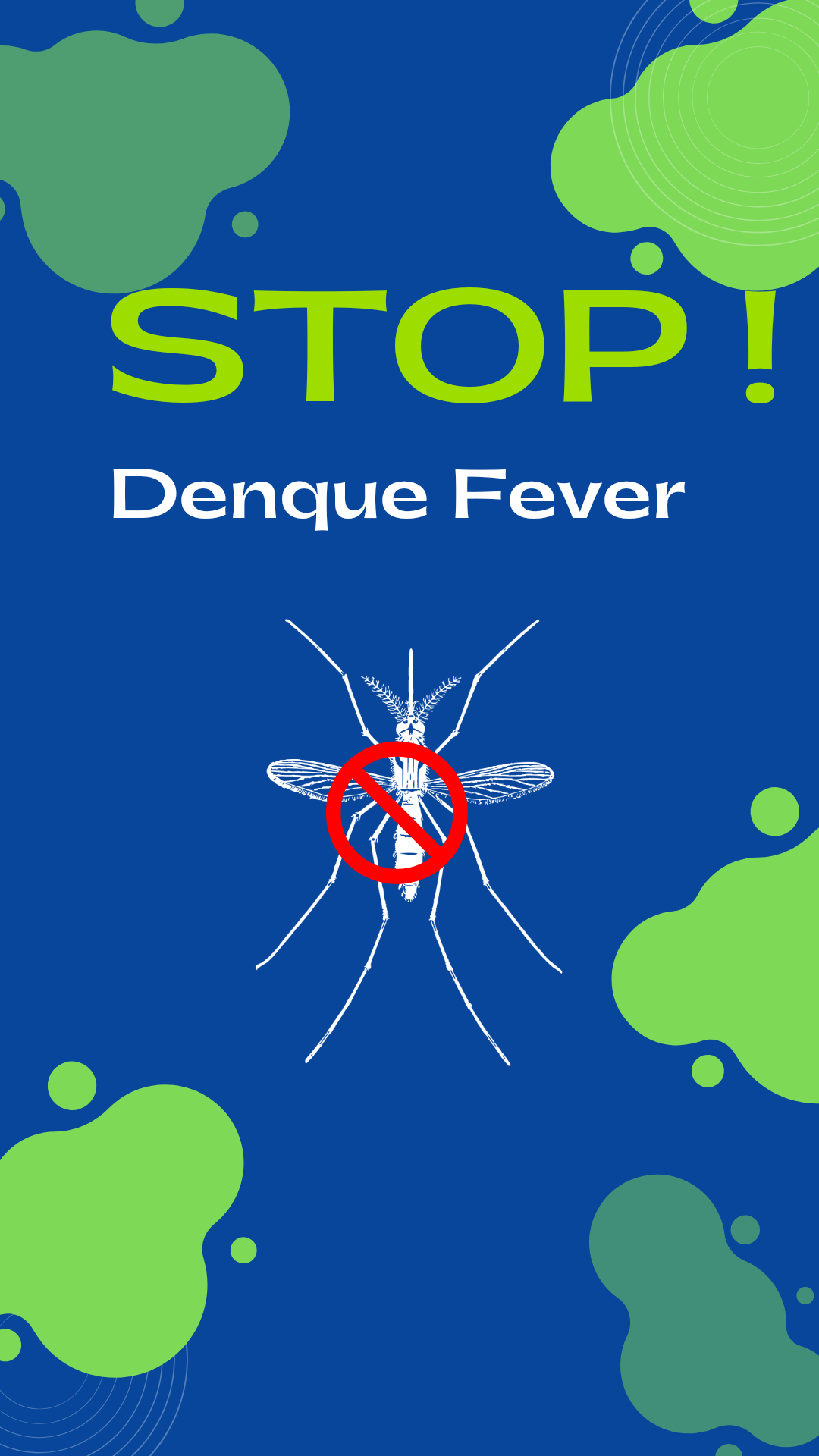Dengue fever is a serious mosquito-borne disease that is on the rise. Learn about the symptoms, transmission, prevention, and treatment of dengue fever.
Dengue: what is dengue fever
Dengue fever, a mosquito-borne viral infection, poses a significant public health challenge globally.
Dengue fever mosquito: Causes of Dengue
The dengue virus, transmitted primarily by the Aedes aegypti mosquito, affects millions of people in tropical and subtropical regions each year.
The dengue virus is a member of the Flavivirus genus, and there are four distinct serotypes: DEN-1, DEN-2, DEN-3, and DEN-4. Infection with one serotype provides lifelong immunity against that specific serotype, but it does not protect against the other three. In fact, subsequent infections with different serotypes can lead to severe dengue, also known as dengue hemorrhagic fever or dengue shock syndrome.
Transmission of the dengue virus occurs when an Aedes mosquito, primarily Aedes aegypti, bites an infected person and then bites an uninfected person, passing on the virus. Mosquitoes that carry the dengue virus are most active during early morning and late afternoon, making these times particularly high-risk for exposure.
Symptoms of dengue:
Dengue fever can manifest in various ways, ranging from mild to severe.
Typically, the virus’s incubation period lasts 4-10 days following a mosquito bite.
Common Dengue fever symptoms include:High
1. High Fever: A sudden and high fever, often reaching temperatures of 104°F (40°C).
2. Severe Headache: Intense headaches, often described as feeling like your bones are breaking.
3. Pain Behind the Eyes: Eye pain, particularly when moving them.
4 Joint and Muscle Pain: Debilitating joint and muscle pain, which gives Dengue its colloquial name, “breakbone fever.”Rash: A rash that emerges a few days after the fever begins.
5. Bleeding: In some cases, mild bleeding symptoms like nosebleeds, gum bleeding, or easy bruising may occur.
6 Fatigue and Weakness: Prolonged fatigue and weakness, lasting for weeks.
Severe Dengue (Dengue Hemorrhagic Fever and Dengue Shock Syndrome)
In severe cases, Dengue fever can progress to Dengue Hemorrhagic Fever (DHF) and Dengue Shock Syndrome (DSS), marked by:
Severe Abdominal Pain: Intense abdominal pain.
Vomiting and Persistent Nausea: Frequent vomiting and nausea.
Bleeding: Severe bleeding, shock, and organ failure in DSS cases.
Severe Dengue requires immediate medical attention and can be life-threatening if left untreated.
Dengue test:
There are several tests used to diagnose dengue fever, and they include:
- Polymerase Chain Reaction (PCR) Test: This test detects the genetic material of the dengue virus in the blood. It’s often used in the early stages of infection.
2. Dengue NS1 Antigen Test: This test detects the presence of the NS1 protein, which is produced by the dengue virus. It’s usually effective in the first few days after symptoms appear.
3 Dengue IgM and IgG Antibody Tests: These blood tests check for the presence of specific antibodies produced by the immune system in response to the dengue virus. IgM antibodies are typically detectable early in the infection, while IgG antibodies appear later.
4. Hemagglutination Inhibition (HI) Test: This test measures the level of antibodies against dengue in the blood and is used for confirming past dengue infections.
5. Virus Isolation: This method involves attempting to isolate the dengue virus from a blood sample. It’s not commonly used due to its complexity and time-consuming nature.
Dengue Prevention. : dengue supportive therapy
Preventing dengue fever primarily involves reducing the risk of mosquito bites. Here are some effective strategies:
- Use Mosquito Repellent: Apply an EPA-registered mosquito repellent to exposed skin and clothing.
2. Wear Protective Clothing: Cover up with long-sleeved shirts, long pants, socks, and shoes, especially during peak mosquito activity times.
3. Use Bed Nets: Sleep under a mosquito net if you’re in an area with a high risk of dengue transmission.
4. Eliminate Breeding Sites: Reduce mosquito breeding by emptying, covering, or treating containers that collect and hold water (e.g., flower pots, buckets, and tires).
5. Screen Doors and Windows: Install screens on doors and windows to keep mosquitoes out of your living space.
6. Avoid Peak Mosquito Activity: Stay indoors during dawn and dusk when Aedes mosquitoes are most active.
Dengue fever Treatment and medication
There is no specific antiviral treatment for dengue fever. Management typically focuses on relieving symptoms and preventing complications. Here are some essential aspects of dengue treatment:
Hydration: Adequate hydration is crucial to prevent dehydration, especially if vomiting is present. Oral rehydration solutions or intravenous fluids may be necessary.
Pain Relief: Over-the-counter pain relievers like acetaminophen can help alleviate fever and pain. Avoid nonsteroidal anti-inflammatory drugs (NSAIDs) like ibuprofen, as they can worsen bleeding tendencies.
Medical Monitoring: People with severe dengue require close medical monitoring and may need hospitalization. In some cases, blood transfusions may be necessary to manage severe bleeding.
Rest: Rest is vital to aid recovery, as dengue can be physically draining.
Summary :
Dengue fever is a serious health concern in many parts of the world, but with awareness and proactive measures, it can be prevented and managed effectively. Remember to take precautions to avoid mosquito bites, seek medical attention if you suspect dengue infection, and stay informed about the latest developments in dengue prevention and treatment. Public health efforts, including mosquito control and vaccination research, continue to play a crucial role in combatting this mosquito-borne disease. By working together, we can reduce the impact of dengue and protect communities from its debilitating effects.

